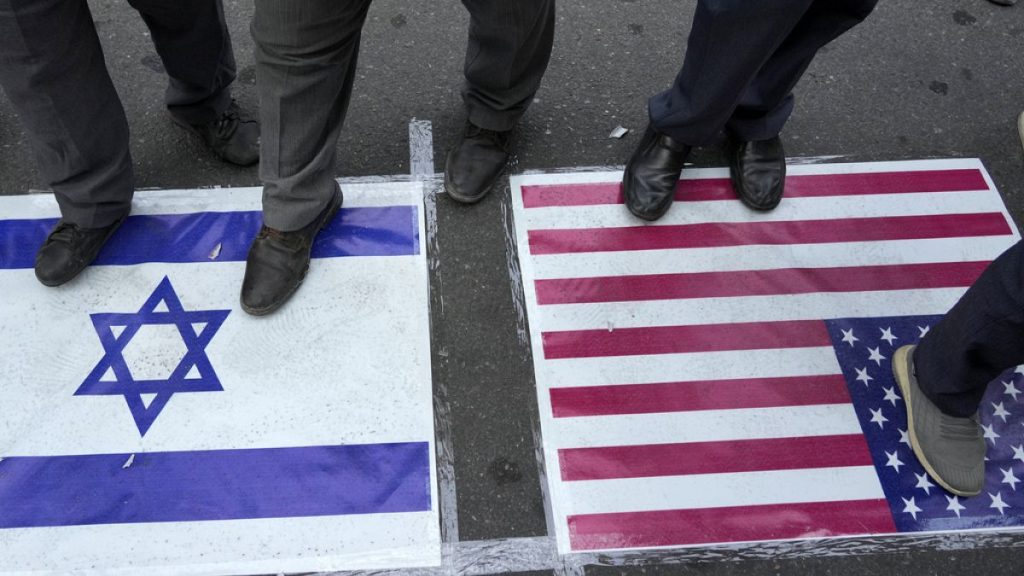Leaders from both Western and Middle Eastern countries have urged Iran to avoid further escalations following Israel’s retaliatory strikes early on Saturday. German Chancellor Angela Merkel emphasized the need to end the cycle of escalation, while France’s foreign ministry called for all parties to refrain from actions that could worsen the already tense situation in the region. British Prime Minister Keir Starmer also urged maximum restraint, and the US National Security Council spokesperson called on Iran to cease its attacks on Israel to prevent further escalation.
Israel stated that the airstrikes were a response to the ballistic missiles fired by Iran earlier in the month. The Israeli military targeted facilities used by Iran to manufacture missiles aimed at Israel, as well as surface-to-air missile sites. There were no immediate reports of oil or missile sites being hit, which would have indicated a more serious escalation. The European Union acknowledged Israel’s right to self-defense but called on all parties to exercise restraint to prevent further escalation in the region.
Regional leaders, including Saudi Arabia and the United Arab Emirates, condemned the Israeli airstrikes on Iran. Saudi Arabia described the strikes as a violation of Iran’s sovereignty and international laws, while the UAE strongly condemned the attacks. Turkey accused Israel of bringing the region to the brink of a larger war and called for international action to enforce the law and stop the Israeli government from continuing its actions. Iran-backed Hamas also criticized the attack, calling it an escalation that threatens the region’s security.
Despite the criticism from regional leaders, Israel’s opposition leader Yair Lapid expressed dissatisfaction with the strikes on Iran, stating that they did not target strategic or economic sites. Lapid believed Israel could have inflicted a heavier price on Iran and criticized the decision to avoid hitting key targets. The ongoing tensions between Israel and Iran have raised concerns about a potential escalation in the conflict, with Western and Middle Eastern leaders urging all parties to exercise restraint and avoid actions that could lead to further violence.
The European Union emphasized the need to break the dangerous cycle of attacks and retaliations that could escalate the regional conflict. While recognizing Israel’s right to self-defense, the EU called for utmost restraint to prevent an uncontrollable escalation that would not be in anyone’s interest. The international community’s response to the situation in the Middle East reflects a shared concern about the potential for further conflict and the need for diplomacy to resolve the underlying issues fueling the tensions between Israel and Iran.
In the face of escalating tensions, it is crucial for all parties involved to prioritize dialogue and diplomacy to prevent further violence and instability in the region. The calls for restraint from both Western and Middle Eastern leaders highlight the urgent need to avoid actions that could lead to a wider conflict. As the situation continues to unfold, it is essential for all stakeholders to work towards de-escalation and find peaceful solutions to address the underlying grievances that have contributed to the current crisis in the Middle East.













